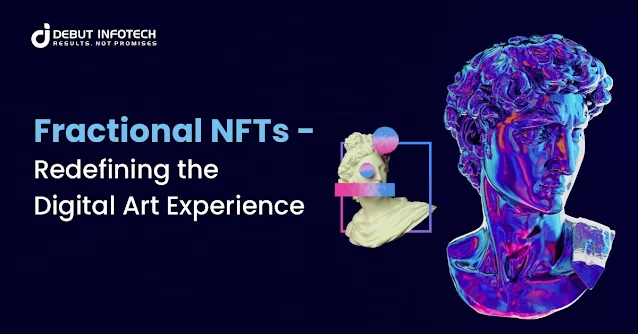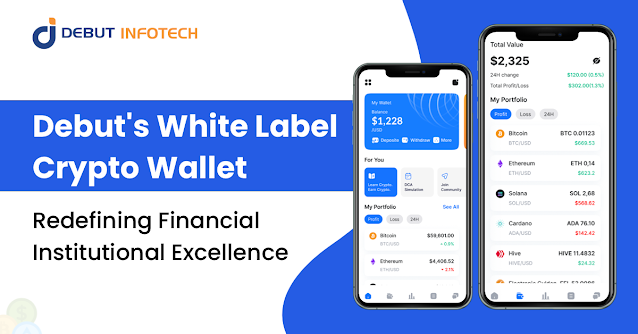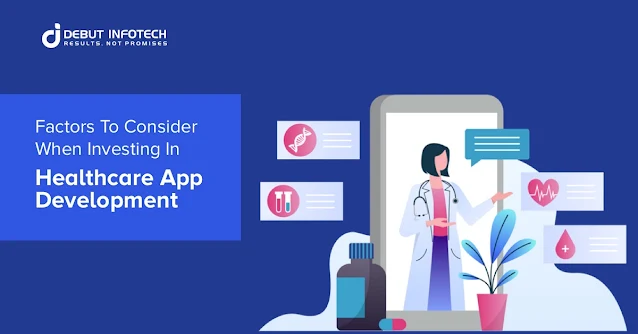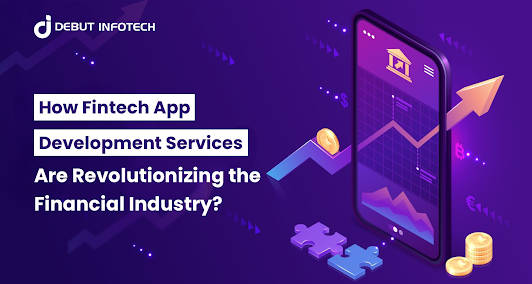The digital asset landscape has witnessed a seismic shift with the introduction of fractional NFTs. No longer confined to exclusive ownership, NFTs are now embracing the concept of shared ownership, democratizing access to prized assets.
Recent data reflects this burgeoning trend, indicating that fractional NFT transactions have surged by 27% in the last quarter alone. Moreover, the market capitalization for these shared assets is estimated to be upwards of $500 million.
This indicates not just acceptance, but a profound appetite for such investment models within the community. As the boundaries of digital ownership continue to evolve, fractional NFTs stand at the forefront of this revolution, reshaping perceptions and market dynamics.
To fully grasp the potential and nuances of fractional NFTs, and to understand their transformative impact on the digital asset ecosystem, delve deeper into this blog to know more.
What is Fractional NFT?
A fractional NFT, or F-NFT, refers to the division of ownership in a single non-fungible token (NFT) into multiple shares or fractions. Each fraction is typically represented by fungible tokens, allowing multiple individuals to have a stake in a single NFT asset.
This concept allows high-value NFTs, like rare digital art or collectibles, to be more accessible to a broader audience by enabling them to own a part of the asset rather than the entire NFT.
In essence, fractional NFTs democratize ownership, enabling collective investment in and shared benefits from a single, often expensive, NFT asset.
How Does Fractional NFT Work?
Fractional NFTs operate by allowing a single non-fungible token (NFT) to be divided into multiple ownership shares, represented by fungible tokens.
Resulting to this, the process facilitates shared ownership of a high-value digital asset.
An NFT is initially minted, predominantly on blockchain platforms underpinned by networks like Ethereum, Solana, Binance, or Polygon. A smart contract divides NFT into multiple fungible tokens, each representing a fraction of the original NFT's ownership. These fungible tokens can be traded, bought, or sold individually on various platforms.
Owners of these tokens possess a proportionate share of the NFT's rights and value. This mechanism democratizes access to valuable digital assets and introduces liquidity to traditionally illiquid markets.
Recent: How to Build An Ethereum NFT Marketplace: A Detailed Guide
Pros of Fractional NFTs
The advantages of fractional NFTs include:
Accessibility
Fractional ownership allows a broader audience to invest in high-value NFTs that might have been unaffordable for individual buyers.
Liquidity
By breaking down a single high-value NFT into smaller fractions, the market becomes more liquid, enabling easier trading and selling of ownership shares.
Diversification
Investors can diversify their portfolios by owning fractions of multiple NFTs instead of investing in a single, expensive NFT.
Collective Ownership
Communities or groups can collectively own and benefit from an NFT, fostering collaborative decision-making and community engagement.
Price Discovery
With more participants able to invest in and trade fractions of an NFT, it can aid in better price discovery and valuation of the asset.
Royalties & Revenue Streams
NFT creators can continue to earn royalties even when parts of their NFTs are resold, ensuring continuous revenue.
Innovation & Use Cases
The concept of fractional ownership can spur innovative business models and use cases, from shared ownership in virtual real estate to collaborative art projects.
Protection & Security
Backed by blockchain, the ownership rights and provenance of fractional NFTs are transparent and secure.
Democratization of Investments
Reducing the barriers to entry, fractional NFTs can lead to a more democratized form of investment in the digital art and collectibles space.
Potential for Growth
As the concept becomes more popular, the ecosystem around fractional NFTs might see more tools, platforms, and services catering to this market, providing growth opportunities.
Promising Opportunities for Investors and Creators
The horizon for fractional NFTs holds transformative potential for investors and creators alike.
For investors, fractional NFTs democratize access to high-value assets, enabling diversified portfolios without substantial capital outlays. This approach not only enhances liquidity in traditionally illiquid sectors, like art or collectibles but also fosters better price discovery through broader market participation.
Meanwhile, creators benefit from a new avenue to monetize their work. They can tokenize unique pieces, ensuring wider distribution while retaining intellectual property rights.
Moreover, through fractionalization, creators can establish deeper connections with their community, offering shared ownership and collective decision-making.
In essence, fractional NFTs are poised to redefine the boundaries of asset ownership, unlocking novel opportunities for both investors and creators in the evolving digital landscape.
How Can Debut Infotech Assist the Adoption of Fractional NFTs?
Debut Infotech, a vanguard in blockchain development services, brings decades of profound experience in sculpting unparalleled decentralized solutions catered to SMEs and MSMEs.
Beyond our established repertoire, we've distinguished ourselves in the realm of NFT marketplace development services. Our signature white-label NFT solution stands as a testament to our commitment to excellence, offering businesses a robust, scalable, and customizable platform. This solution is meticulously engineered to empower enterprises with the agility and sophistication needed in today's dynamic NFT landscape.
To leverage this burgeoning digital frontier, we invite you to engage with our seasoned NFT developers.
Embark on a journey to establish your very own NFT marketplace today.











